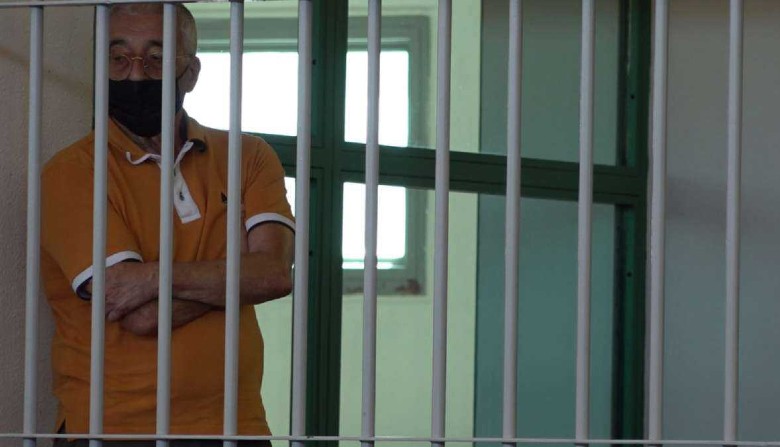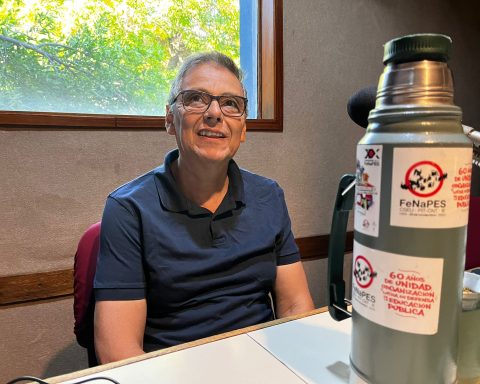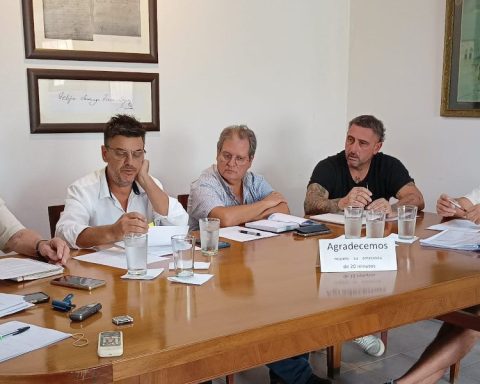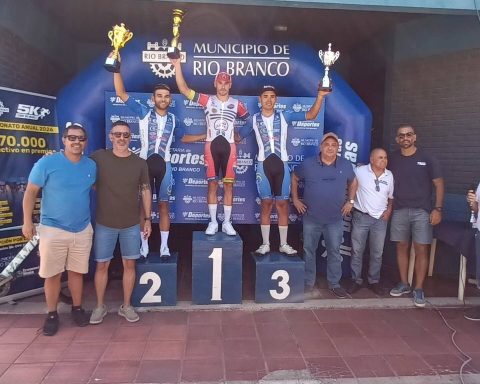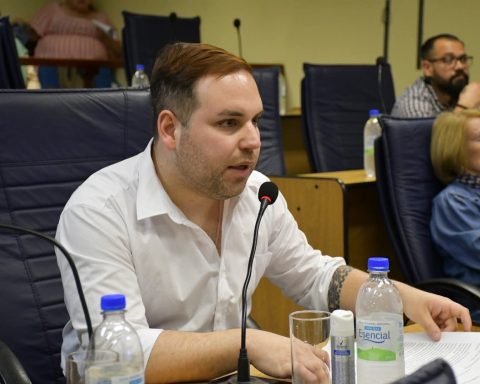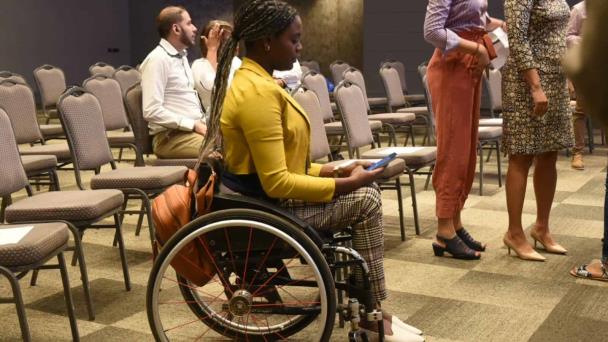Yesterday, the Third Court of Assisi, of the Court of Rome, Italy, began the new trial of retired Uruguayan soldier Jorge Néstor Troccoli, accused by the Italian Justice of having participated in crimes committed in the context of Operation Condor, a collaboration network among the dictatorships of the Southern Cone to annihilate the political opponents of the regimes.
Since July 2021, Troccoli has been in prison in the European country for having been sentenced, along with 13 other people, to life imprisonment for the death and disappearance of dozens of Italians that occurred in the bloodiest years of the repressive South American governments.
In this new trial, the former soldier is accused of the death and disappearance of Raffaela Giuliana Filipazzi, José Agustín Potenza and Elena Quinteros in the 1970s and 1980s.
As reported to Diario La R, the former Fusna arrived at the bunker room, place of the maximum security hearing in the Rebibbia prison, around 8:40 am (local time) escorted by the police and was taken directly to a cell inside the Court. Sitting while he waited for the session to begin, he looked calm and peaceful. He spoke with Marco Bastoni, one of his lawyers, for a few minutes to decide who to call in his defense. In fact, the lists of witnesses who will be called to testify by the Public Ministry and the victims’ lawyers were already ready. At this Thursday’s hearing, the panel of 12 judges, chaired by Antonella Capri, listened carefully to the presentation of the civil parties, that is, the families of the victims and those interested in following the process, such as the three main unions. Italians -Cisl, Cgil and Uil- in addition to the Broad Front, a coalition that includes the People’s Victory Party, of which Quinteros was a member.
It was precisely at the moment of reading the parts that Troccoli began to stir. Standing, he walked into the cell, reached the bars, and returned to the bench at a pace not too fast, but steady. When one of the lawyers pronounced Broad Front, he was visibly irritated.
Bastoni and Francesco Guzzo, who make up Troccoli’s defense, protested against the inclusion of the Broad Front and Graziela Almeida, cousin of Elena Quinteros, as a civil party. According to the Uruguayan defense, he is not a direct relative of the victim, but second degree.
“A criminal case is not like a hotel where everyone shows up,” Bastoni told reporters at the end of the hearing.
Given the controversy that arose, the Court decided to postpone the decision to September 27, so it will have time to analyze the case. At the end of the session, Troccoli, already irritated, told his lawyers that he did not want to be in the cell, but rather to sit between them at the next hearings.
Unlike the first trial, in this second trial the Uruguayan will closely follow the case against him, Bastoni said.
In addition to Troccoli and his lawyers, the prosecutor in the case Amélio Camelio Erminio, the Italian State Attorney Luca Ventrella and the lawyers Arturo Salerni and Mario Antonio Angelelli who defend the families of the victims were also present at this hearing.
The government of Argentina and the Permanent Assembly for Human Rights, also from the South American country, were civil parties in the process. The State of Uruguay will not be a civil party, but will accompany the trial with the lawyer Alessia Merluzzi. The session was also attended by Horacio Pietragalla, from the Argentine Ministry of Justice.
Who were the victims?
According to prosecutor Erminio, Troccoli was a former officer of the Uruguayan Navy Secret Service (Fusna) and an officer responsible for contacts with the Coordination of Anti-subversive Operations (OCOA). According to him, the accused would have participated in the death of Filipazzi (Italian), Potenza (Argentine) and Quinteros (Uruguayan), “with the aggravating circumstance of having committed the acts with premeditation, using torture and acting with cruelty, abuse of power and insidious means,” he said.
According to the Italian parliamentarian, Filipazzi and her husband Potenza were kidnapped in Montevideo, the capital of Uruguay, on May 27, 1977, at the Hermitage Hotel, and taken to the Fusna clandestine center. On June 8, both were handed over to agents of the repression of the Paraguayan dictator Alfredo Stroessner and transferred to Asunción, the capital of Paraguay, on flight 303 of Paraguayan Airlines.
Upon arrival in the capital, they were registered as “detained without entry” and killed. They remained on the list of disappeared persons until 2016, the year in which their remains were identified in a mass grave located on a property belonging to the Specialized Group of the Paraguayan Police.
Quinteros, for her part, was kidnapped from her home during a joint operation between Fusna and the OCOA. On June 28, 1976, four days after the kidnapping, she pretended to deliver a companion to a property near the Venezuelan embassy. The Uruguayan managed to escape from her and enter the gardens of the Venezuelan diplomatic headquarters, where she requested asylum, but officials from the anti-subversive operations body entered the place and detained her.
The fact generated a rupture in the diplomatic relations between Uruguay and Venezuela. The militant of the Vitória do Povo Party was taken to the torture center called “300 Carlos – or Inferno Grande” and was never found again. In a file from the Fusna archives she appears as dead between November 2 and 3, 1976.
